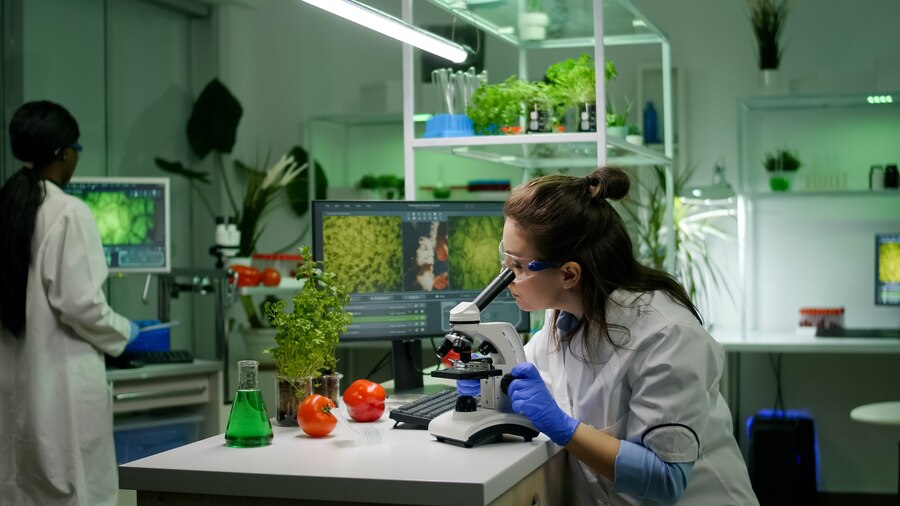Many interviewers have never received formal training on how to conduct effective interviews. As a result, they may not realize that certain techniques can help them uncover deeper insights about a candidate beyond standard interview questions. By mastering these four strategic interview methods, hiring managers can better assess applicants for food science industry jobs, ensuring they identify the right talent while bypassing superficial “interview masks.”
Why Strategic Interviews Matter in Hiring a Food Scientist
The interview process plays a critical role in recruitment. When poorly structured, strong candidates may be overlooked, while unqualified ones might seem more prepared than they actually are. To counteract these issues, the following four interview strategies can help food industry recruiters executive search professionals conduct more effective evaluations and select the best talent.
1. Relaxed Interviews: Creating a Comfortable Environment
This approach aims to help candidates feel at ease, allowing their true personalities and skills to shine. Techniques include:
- Offering water or tea before the interview begins.
- Using a round table instead of a formal desk to encourage open conversation.
- Maintaining relaxed body language—keeping your back straight, avoiding crossed arms, and using a neutral tone.
- Adjusting lighting to reduce stress; indirect lighting is preferable to harsh fluorescent lights.
- Conducting outdoor interviews when possible, fostering a more natural and engaging discussion.
A relaxed setting encourages candidates to provide genuine responses, allowing hiring managers to assess their real fit for the role.
2. Intimidation Interviews: Assessing Resilience Under Pressure
This method tests a candidate’s ability to handle high-stress situations, which is crucial for leadership roles in food science. Techniques include:
- Sitting behind a large desk or on a raised chair to establish authority.
- Using direct, serious eye contact and maintaining a firm tone.
- Asking difficult or unexpected questions at a rapid pace.
- Challenging candidates on their responses and requesting adjustments in their communication style.
While this approach can reveal a candidate’s ability to perform under pressure, it should be used cautiously and only for roles that demand resilience in high-stakes environments.
3. “Friend” Interviews: Assessing Cultural Fit
For many food science industry jobs, technical skills are just as important as personality and team compatibility. This interview style involves pairing the candidate with potential colleagues in an informal setting, such as:
- A casual coffee chat with team members.
- A walk-through of the workplace, introducing them to employees.
- Group discussions that encourage open conversation rather than rigid Q&A sessions.
This technique allows hiring managers to see how well a candidate aligns with company culture, fostering better long-term hires.
4. Panel Interviews: Evaluating Candidates from Multiple Perspectives
In a food scientist hire, diverse viewpoints help ensure a balanced evaluation. A panel interview involves multiple interviewers assessing a candidate simultaneously, each focusing on different aspects such as:
- Technical expertise.
- Problem-solving abilities.
- Communication skills.
- Adaptability to different questioning styles.
To maximize effectiveness, appoint a panel leader to structure the discussion and facilitate post-interview evaluations. This collaborative approach minimizes biases and leads to better hiring decisions.
Optimizing the Hiring Process for Food Science Industry Jobs
To ensure a smooth and effective interview process:
- Prepare well-structured questions tailored to the specific role.
- Provide interviewers with candidate CVs beforehand for better assessment.
- Ensure compliance with hiring regulations while maintaining an ethical and professional approach.
By implementing these strategic interview techniques, food industry recruiters executive search professionals can improve their hiring process, ensuring they select the best talent for food science industry jobs while aligning candidates with company goals.

